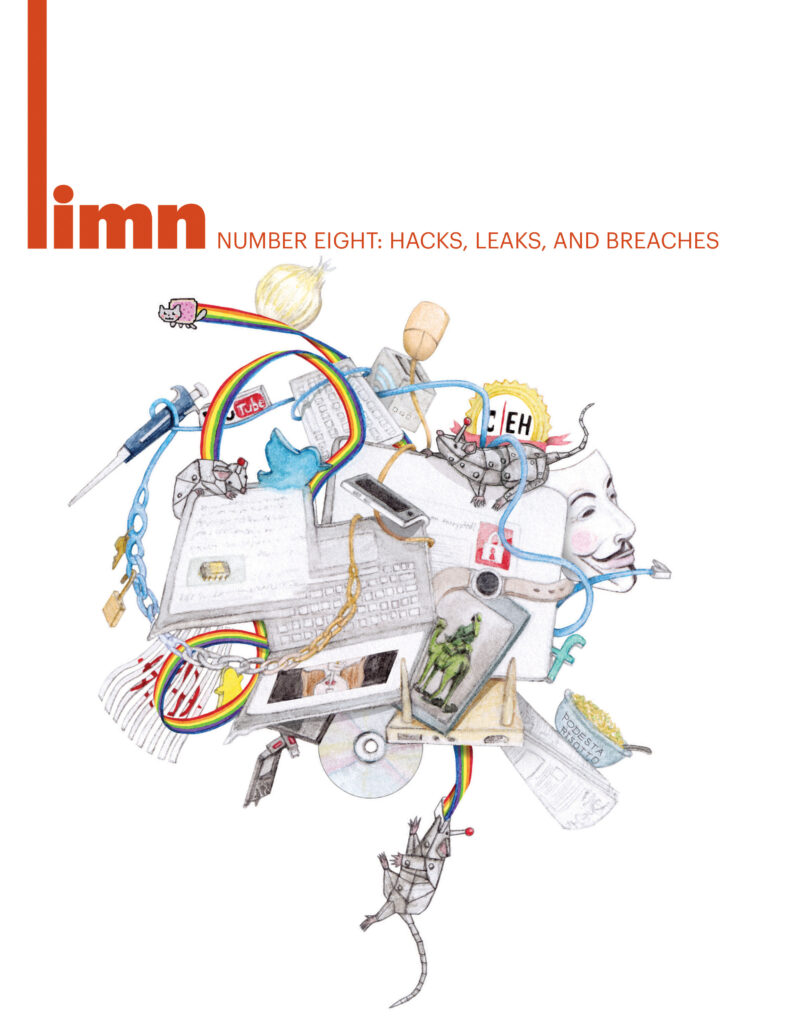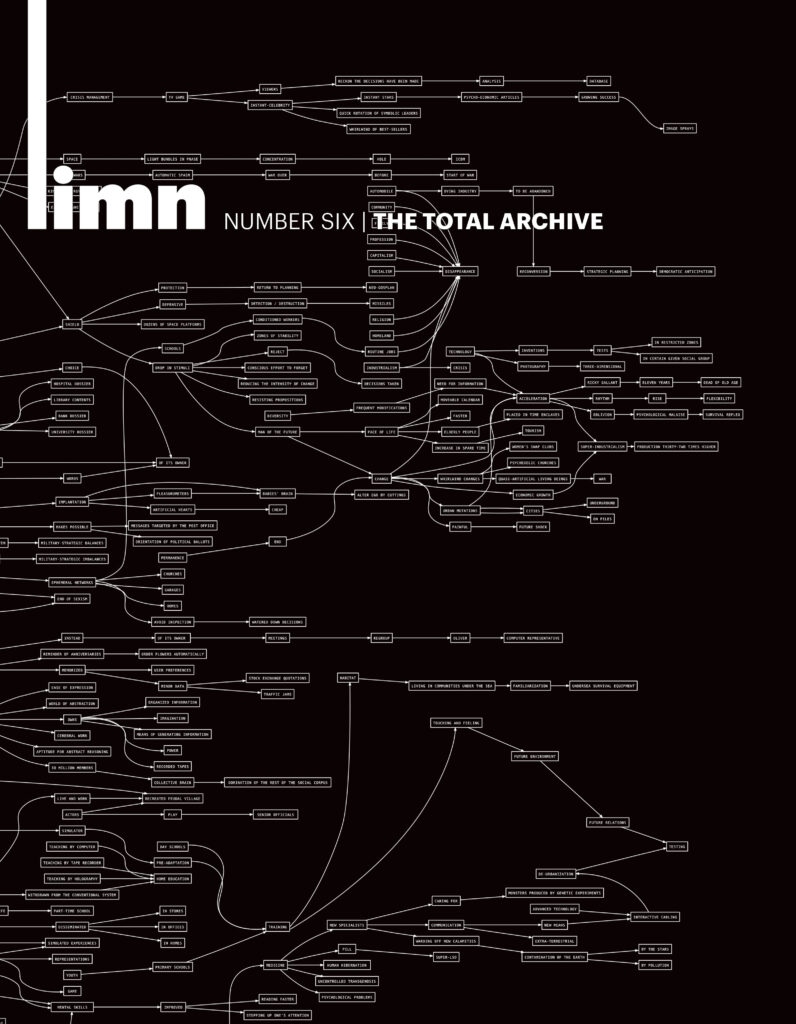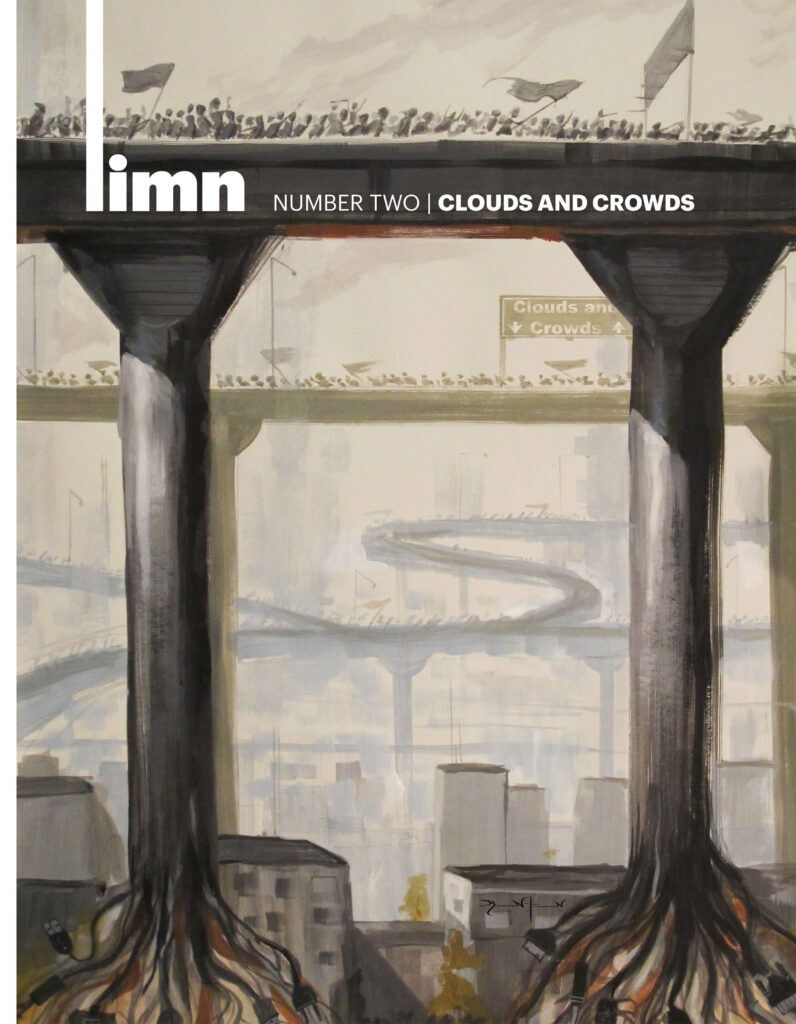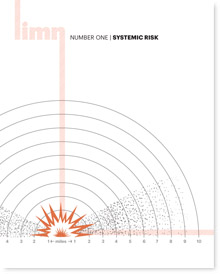Christopher M. Kelty
Christopher M. Kelty is a Professor at the University of California, Los Angeles, and author of Two Bits (Duke University Press, 2008) and The Participant (University of Chicago Press, 2019). His current work is the Labyrinth Project (labyrinth.garden), a multi-disciplinary collaborative research inquiry into conflict and controversy in urban ecologies in Los Angeles.
Issues edited by Christopher M. Kelty
Articles authored by Christopher M. Kelty
Is Limn Obsolete?
The founding editors reflect on the journal’s
origins
The Participatory Development Toolkit
Christopher Kelty opens up a toolkit from the 1990s to explore the prehistory of apps, platforms, and algorithms.
Interview: Kim Zetter
Cybersecurity journalist Kim Zetter talks with Limn about infrastructure hacking, the DNC hacks, the work of reporting on hackers and much more.
Interview: Mustafa Al-Bassam
Limn talks with security expert Mustafa Al-Bassam (a.k.a “tflow”) about the responsibility for information security, the incentive problems it creates and the available solutions.
Hacktoids (or, The Limn Index)
Limn tapped its extensive network of underground operatives to bring you this extraordinary list of facts about hacks, leaks, and breaches.
Preface: Hacks, Leaks, and Breaches
Gabriella Coleman and Christopher Kelty guide readers through Limn Number 8 on Hacks, Leaks, and Breaches.
Preface: The Total Archive
Archives make the future. Editors Boris Jardine and Christopher Kelty explore how archives govern us.
Introduction: Ebola’s Ecologies
Andrew Lakoff, Stephen J. Collier and Christopher Kelty ask what the 2014 Ebola outbreak tells us about the history of pandemic preparedness and the blindspots of global health security today.
Preface: Crowds and Clouds
This issue of Limn focuses on new social media, data mining and surveillance, crowdsourcing, cloud computing, big data, and Internet revolutions.
The Morris Worm
The Morris worm was released in November of 1988. It was launched surreptitiously from an MIT computer by graduate student Robert Tappan Morris at Cornell University, and spread to internet-connected computers running the BSD variant of UNIX. The worm was designed to be undetectable, but a design flaw led it to create far more copies ...





